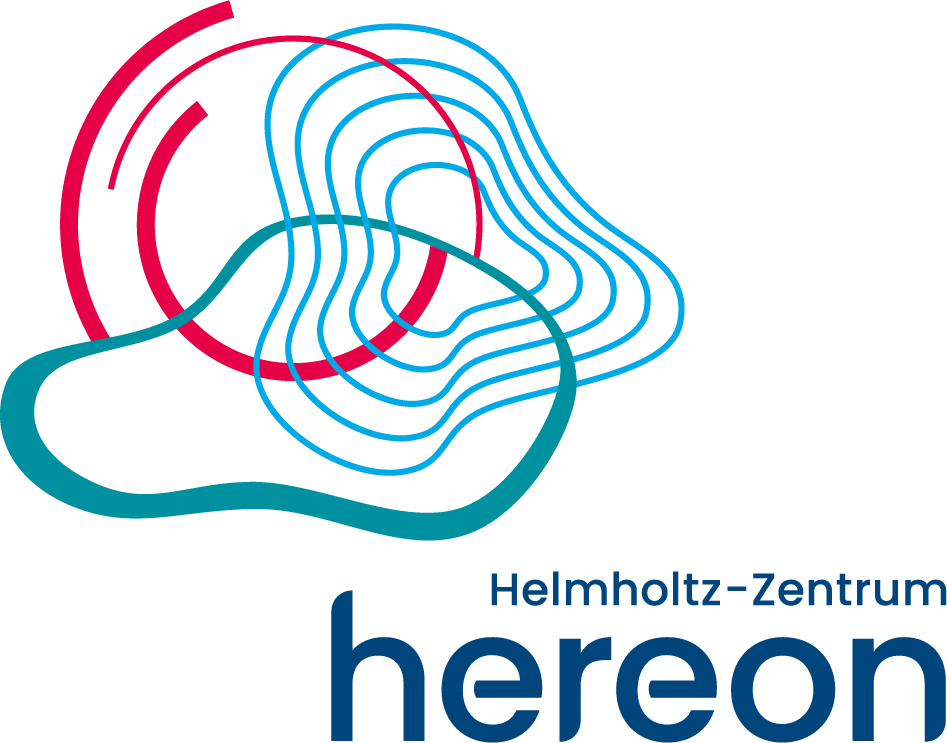MLZ ist eine Kooperation aus:
 > Technische Universität München
> Technische Universität München > Helmholtz-Zentrum Hereon
> Helmholtz-Zentrum Hereon
 > Forschungszentrum Jülich
> Forschungszentrum Jülich
MLZ ist Mitglied in:
 > LENS
> LENS > ERF-AISBL
> ERF-AISBL
MLZ in den sozialen Medien:

MLZ
Lichtenbergstr.1
85748 Garching
Structure Research
The Structure Research Group was established to strengthen the scientific activities of the MLZ (Heinz Maier-Leibnitz Zentrum) in the domain of structural research. This group focuses on the comprehensive research on crystal and magnetic order across a variety of crystalline materials and environmental conditions. By establishing an environment supportive to scholarly discourse and the exchange of ideas among MLZ scientists, students and external users, the group serves as a catalyst for new collaborations and innovative research directions in the fields of neutron science and instrumentation.
The group’s primary characterization techniques are diffraction-based, with powder diffraction typically providing the initial structural insights into materials under investigation. The group is responsible for the operation and development of a series of high-performance diffractometers. The high-resolution powder diffractometer SPODI and engineering diffractometer STRESS-SPEC, utilizing thermal neutrons, are currently in operation. Additionally, the group is involved in the development and commissioning of four other thermal powder diffractometers: ERWIN (optimized for high-throughput), FIREPOD (designed for medium-resolution), POWTEX (a time-of-flight diffractometer) and SAPHIR (a high-pressure diffractometer). If single crystals of suitable size and quality are available, the group further refines structural analyses by single-crystal diffraction. This is facilitated by three specialized single-crystal diffractometers: BIODIFF, utilizing cold neutrons and HEIDI and POLI, both utilizing hot neutrons with the second one also offering options for polarized neutrons. By leveraging these instruments, each one operating within a distinct neutron spectrum, the group provides an optimal balance between resolution and scattering signal, thereby maximizing research versatility.
The Structure Research Group actively promotes collaborations within the MLZ, particularly with the Materials Science Group and the Quantum Phenomena Group, to provide essential structural insights. There are also significant synergies with the Soft Matter Group concerning the structure and dynamics of biological macromolecules. In addition, the group strives to maintain a lively exchange with groups from other research facilities.
Research Topics
- Energy storage systems
- Quantum Materials
- Engineering Alloys
- Biological Systems
Group Coordinator
Dr. Anatoliy Senyshyn
Phone: +49 (0)89 289-14316
E-Mail: anatoliy.senyshyn@frm2.tum.de
Dr. Martin Meven
Phone: +49 (0)89 158860-727
E-Mail: martin.meven@frm2.tum.de
MLZ ist eine Kooperation aus:
 > Technische Universität München
> Technische Universität München > Helmholtz-Zentrum Hereon
> Helmholtz-Zentrum Hereon
 > Forschungszentrum Jülich
> Forschungszentrum Jülich
MLZ ist Mitglied in:
 > LENS
> LENS > ERF-AISBL
> ERF-AISBL
MLZ in den sozialen Medien:



